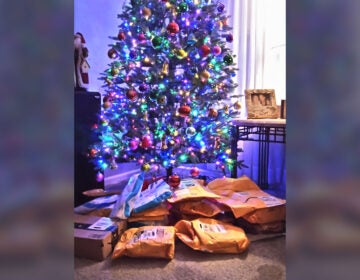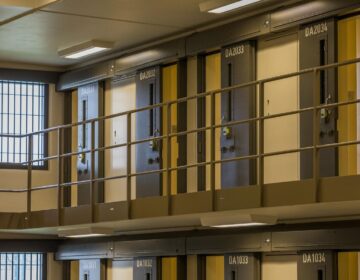‘We were never inmates’: A letter to my former walkie
Shuja Moore and Devin Rouse formed a friendship in prison. Moore hasn’t written his friend since he was released. This is the first letter.
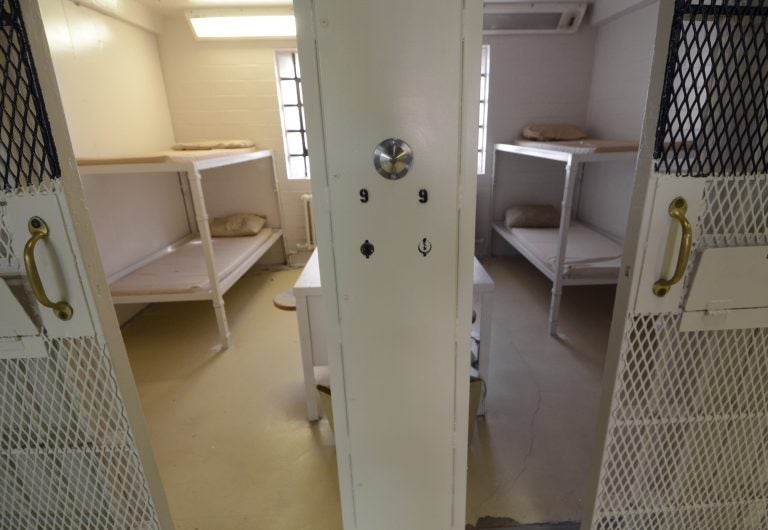
Cells are shown in a newly cleared wing at the State Correctional Institution at Camp Hill, Pennsylvania. (AP Photo/Marc Levy)
This letter was written by Shuja Moore, the creator of Walkies, a new digital docuseries that shares returning citizens’ stories of transformation. The letter is addressed to Devin Rouse, Moore’s best friend from prison. We are publishing this letter to help enrich the public’s understanding of challenges faced by people returning to society after being incarcerated.
Dev,
It’s been too long since I last wrote to you. You probably think that I’ve forgotten the mandate that, when someone is released from prison, they must provide the resources that are lacking on the inside: phone calls, emails, visits, pictures and money orders, among other things. But it doesn’t work like that, bro.
I spent my entire young adulthood locked away. When I got out, I didn’t know how to dress. I didn’t know how to shop for myself. I would feel anxious for no reason at all.
I went grocery shopping with a woman I was dating. She didn’t know about my past. As I fumbled through what items to buy, it became apparent that I was struggling. I saw her confused look out of the corner of my eye. I didn’t know if I wanted brown eggs or white. My dude, I didn’t even know how to cook! I stood paralyzed for a sec before she jumped in and started assisting me. I embarrassingly confessed my story. Eventually, she moved on with her life.
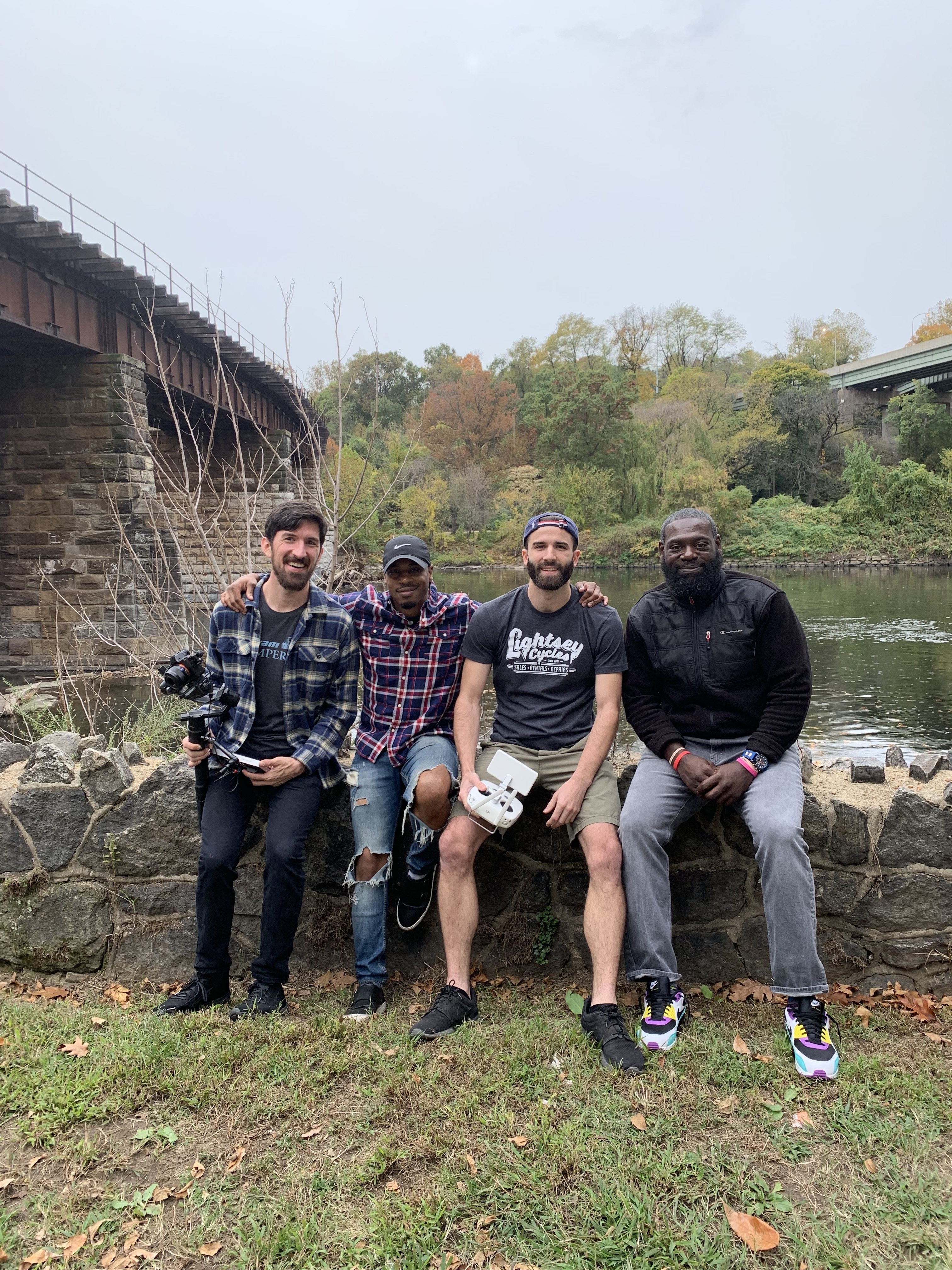
I picture y’all waking up every day prepared for the mental fight to stay sane. I remember the days of grasping onto anything for validation of my worth: a letter in the mail, a phone call with a loved one, a news article about how we need criminal justice reform, a nice meal prepared just in time for the network premiere of the latest rom-com on a Wednesday night, a staff member that secretly acknowledges that you are human.
I remember entering jail and prison for the first time and feeling lost, then years later learning how to “play the game.” How to catch the attention of a guard and get them to like us, so it would be harder for them to want to punish us if we were caught doing some of the many things that you have to do to keep your sanity. You could go to the hole [solitary confinement] for congregating with a group of friends, for having a friend’s radio or for having a green pepper or onion from the kitchen — the basics of a good prison meal. They called it being “jailhouse slick” and will even deny you parole because of it. We call it survival.
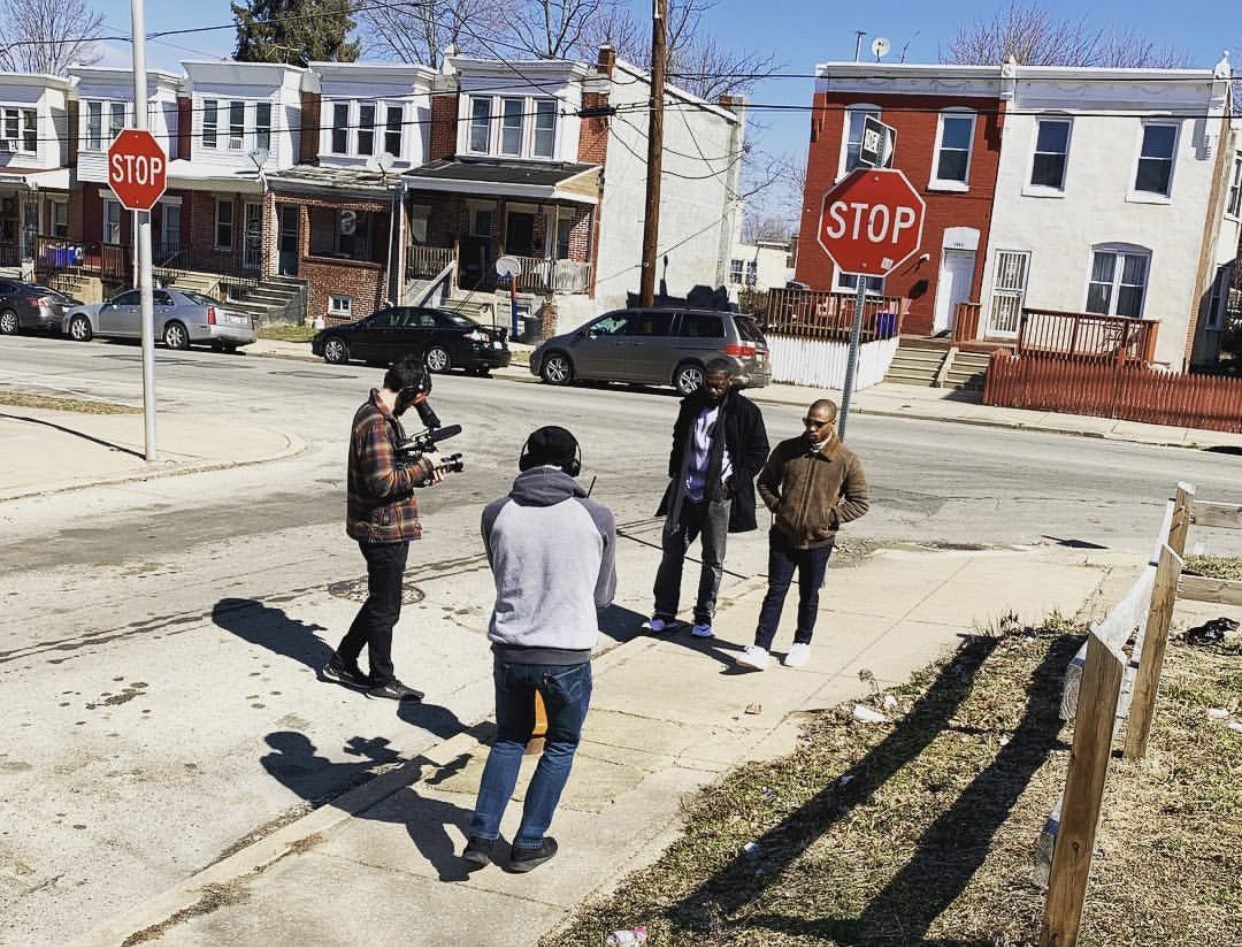
I’m proud of the fact that we didn’t allow ourselves to give up and succumb to the weight of the word INMATE. A word that feels sandwiched between the two g’s in ni**er. A word that identifies people that society doesn’t care for. When you hear a guard use the word, you understand exactly what they’re saying: you are nobody. I can do whatever I want to you. There’s not much you can do about it. You are still a slave.
There was no real preparation for life out here. I thought that being released from prison was going to be the end of my struggles. What I didn’t anticipate was that the mental strife I experienced in prison was only the precursor to the mental war I fight on the outside.
I used to dread waking up out here. Not every day, but most. I hated waking up with no mission to complete. Every day on the inside I worked to become a better man. But on the outside, there was nothing to show for all that work.
Two months after my release, I got a job, then a car. It took me 18 months to get my first apartment. I was recruited as a navigator for a pilot program for Washington D.C.’s Department of Corrections. I would be assisting people during their reentry back into society and paid an annual salary of 55K. I was looking for apartments when I got the call. “There’s a DOC policy that says a person has to have three years out before they are allowed to enter a D.C. prison.” Just like that, I was disqualified. I had quit my job and was unemployed. I went jobless for nine tumultuous months. During that time, I tried my hand at entrepreneurship, dated and partied, then got depressed. “Who am I?” “What am I doing with my life?” The walls were caving in.
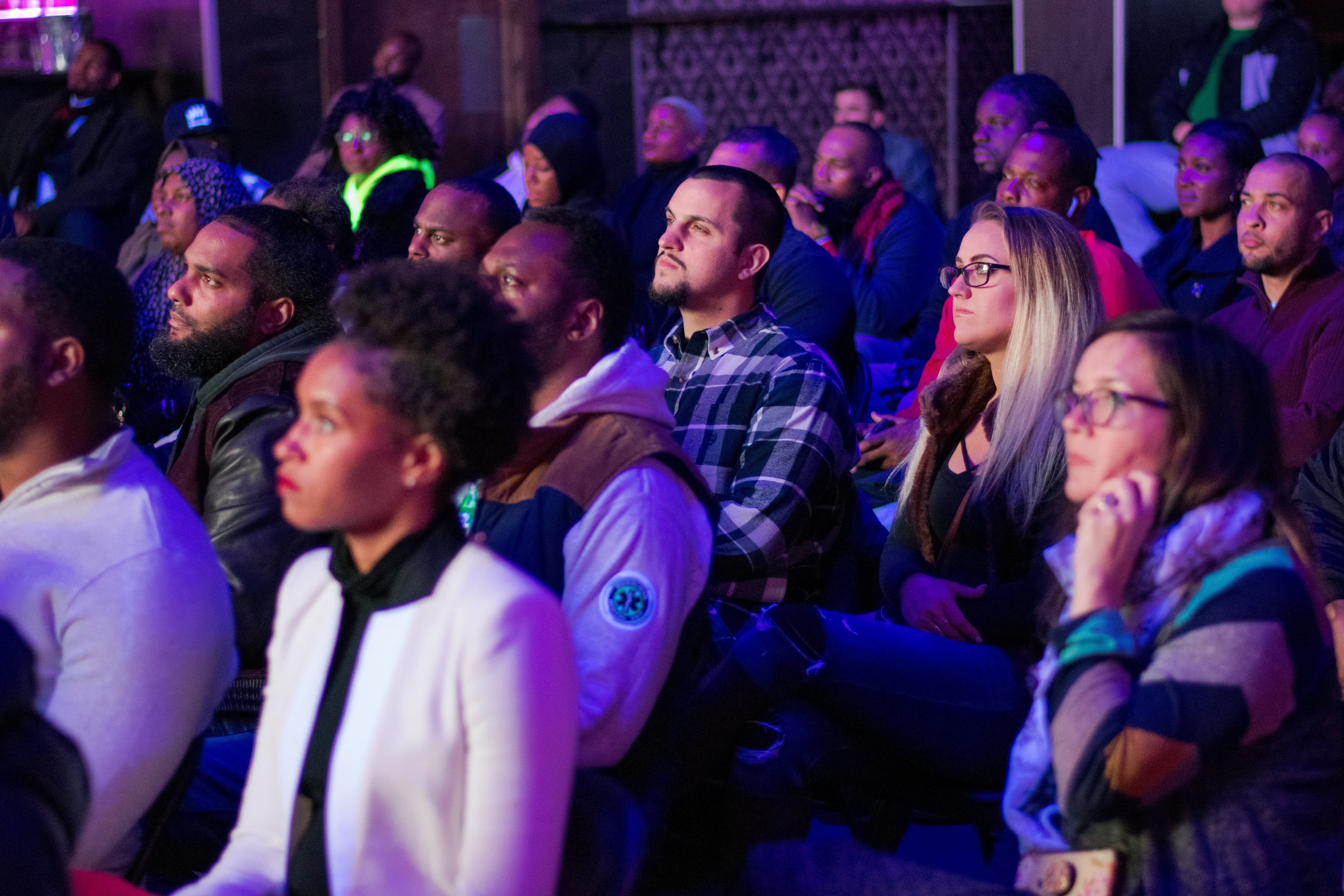
In prison, I would work all day at the law library. When work was finished, I would work out, handle my personal affairs and then run a legal clinic during the evening. My nights were spent reading, studying and analyzing legal issues. I knew that I had to educate myself for the day I was released. I couldn’t bring back the life that I took, but I could prevent others from meeting the same fate as me and Joey.
Having escaped the grips of the criminal justice system, I have to work toward making it actually work for the majority of people that enter into it.
I had two years home and I still hadn’t been able to unpack the cardboard storage box I bought on commissary. I opened the box, spotted my journals and smiled. So many nights when I didn’t feel loved by my friends or family, or when it felt like I would never come home, I would pour my heart onto the pages in these composition books. I read how passionate I was to get out and work to improve my culture. I realized if I’m not doing work that helps prevent people from making stupid choices then I won’t be happy.
Growing up, I was heavily influenced by music videos, movies and TV shows. I knew that, if I wanted to young people, I should use the same medium. So, I began conceptualizing a film series that I wanted to create. I began to get reenergized. But I had used every trick in the book to keep my apartment with the utilities on and my car. I had finally reached my bottom. I was flat broke and had to get a job.
I had made the decision to work in the reentry/recovery field. I have over 13 years mentoring and leading people who’ve touched the criminal system. I am an expert at this point. So, I identified positions that I felt like I could qualify for. I drafted my best resume and promptly submitted them. I would throw one of my three suits on and go to the company.
Once I arrived at the potential employer’s offices, I would smile and look around like I belonged there. I would find the kindest eyes and start my plea. “Hello, my name is Shuja Moore. I submitted an application for such-and-such position, but I don’t feel like my resume is the best representation of me. I decided that it would be better if I presented myself so that you could get a better feel for who I am.” I would go to all events related to the reentry and recovery field and network. I learned how to tailor a cheap suit so that it has a premium look. When you arrive, you will get attention for being well-dressed. That gives you an opportunity to connect with people. I got many nos, but others appreciated the hustle. Kris from Broad St. Ministry actually took the time to help me with my cover letter. Wynter from Educational Data System, Inc, helped me with my resume. And Jeff Abramowitz helped me get hired at Jewish Employment and Vocational Human Services. These are all good people I just met out in the world.
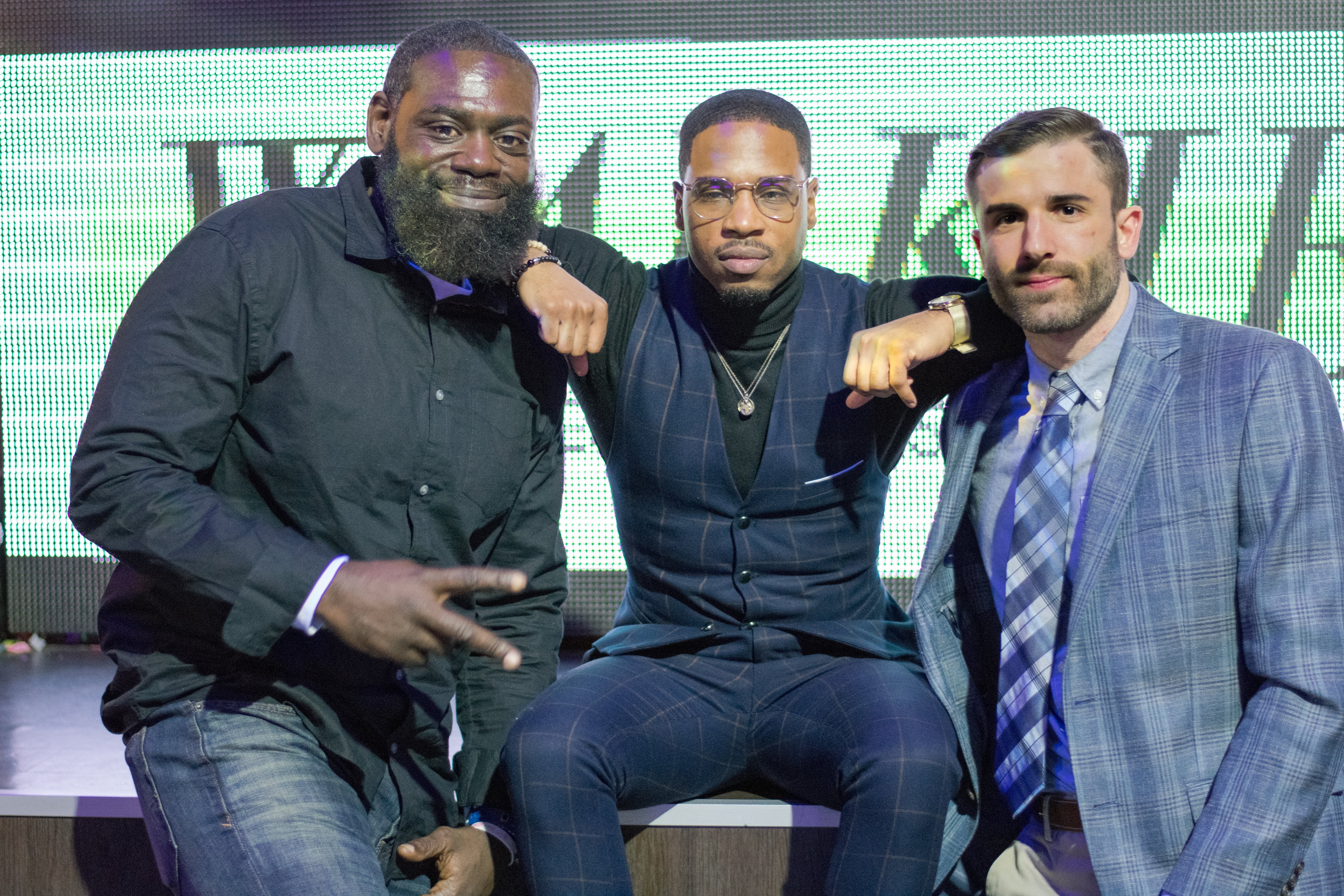
During all this time, I pushed forward with my film idea. That’s how “Walkies” was created.
People out here don’t know that a ‘walkie’ is what we call our best friend in prison because we’re always seen walking together. I used that term to name the five-episode docuseries that I created and produced. In each episode we “walk” the journey a formerly incarcerated person makes, from what influenced their crime to their transformation while incarcerated and how they use that transformation to help others in society once they were released. Our first episode is on YouTube and I held a screening for it last December. I’m really proud of the work, bro!
I haven’t forgotten y’all, I just had to take care of me. I had to figure out how to survive out here. Walkies is my first move in my plan to get you guys home. I have to show the world that we are not our worst mistakes. I have to expose the stereotypes of us and the labels that enforce those stereotypes: ex-con, inmate, felon, etc.
I spoke at a meeting last week organized by the Coalition to Abolish Death by Incarceration. During the question-and-answer period, a woman said that she really wanted to know what to call someone who was formerly incarcerated. I replied that I don’t know of the best phrase to call someone who was released from prison, but that my name is Shuja. And that I liked to be called Shu.
WHYY is your source for fact-based, in-depth journalism and information. As a nonprofit organization, we rely on financial support from readers like you. Please give today.



